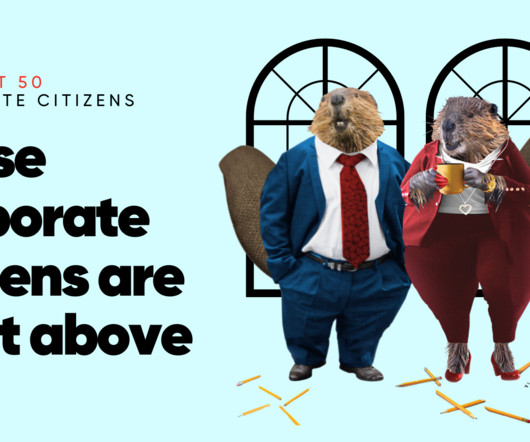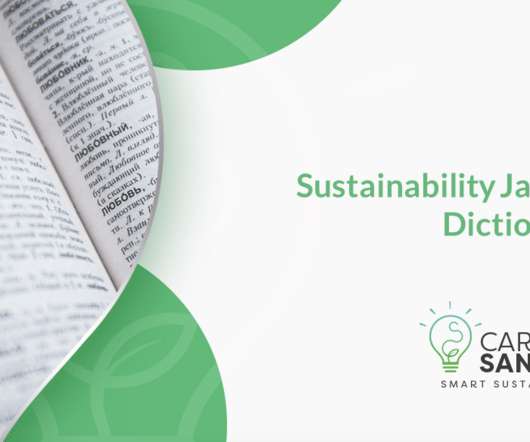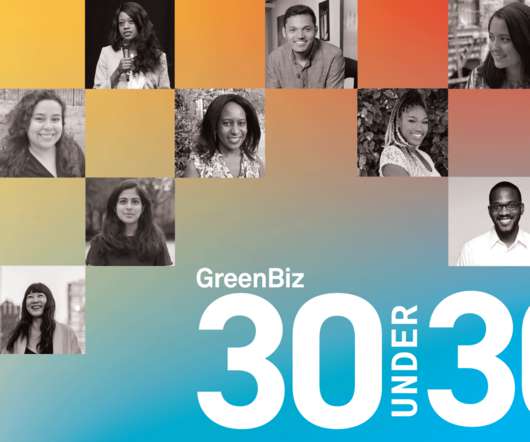These 50 Canadian corporate citizens are a cut above
Corporate Knights
JUNE 28, 2023
It’s evidence that the “triple bottom line” (profit, people and planet) doesn’t compromise the single bottom line – but expands it. Since 2002 (the year we published our first Best 50 list), Best 50 companies have rewarded their shareholders with 128% higher returns than the overall composite index.















Let's personalize your content